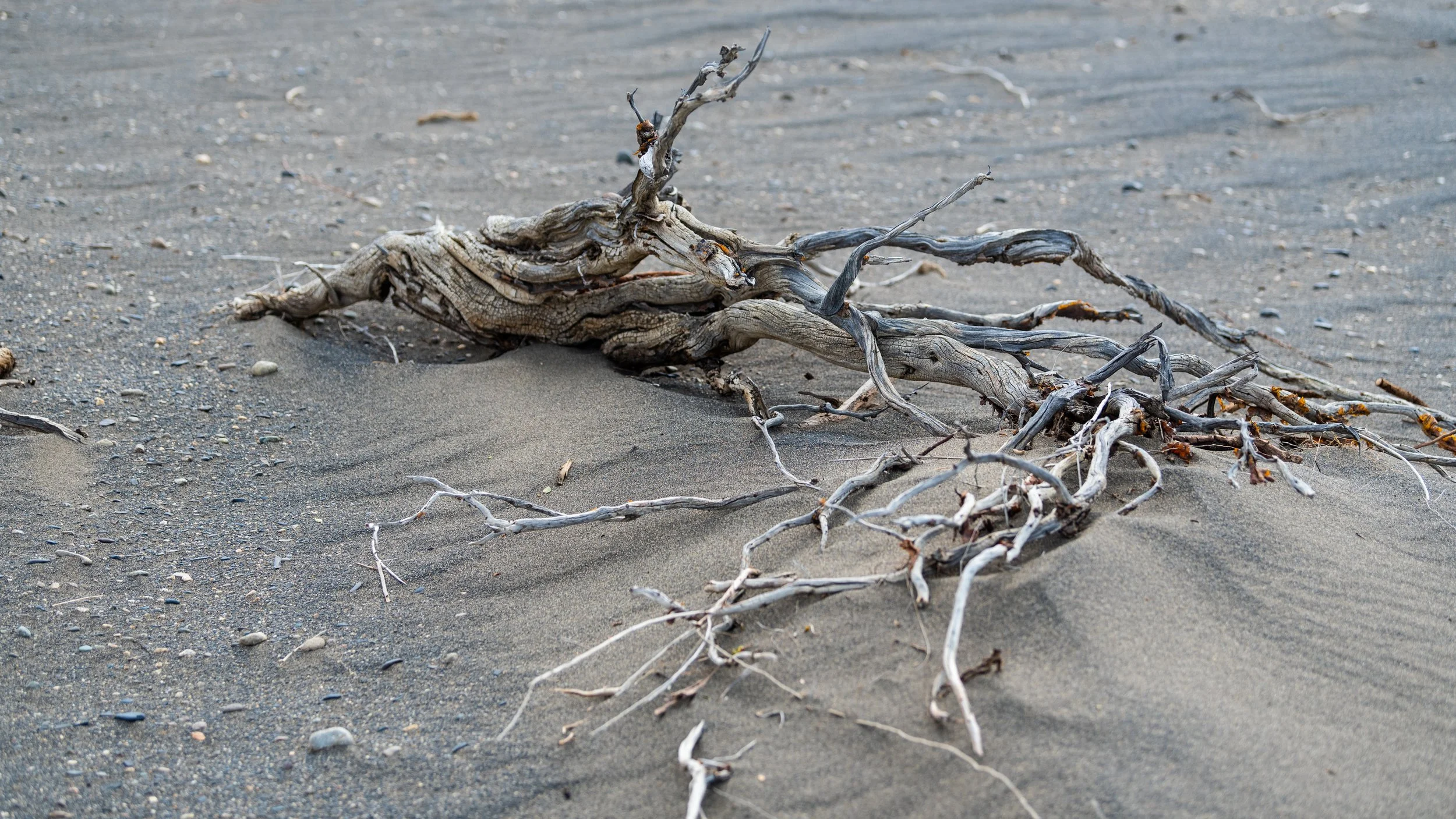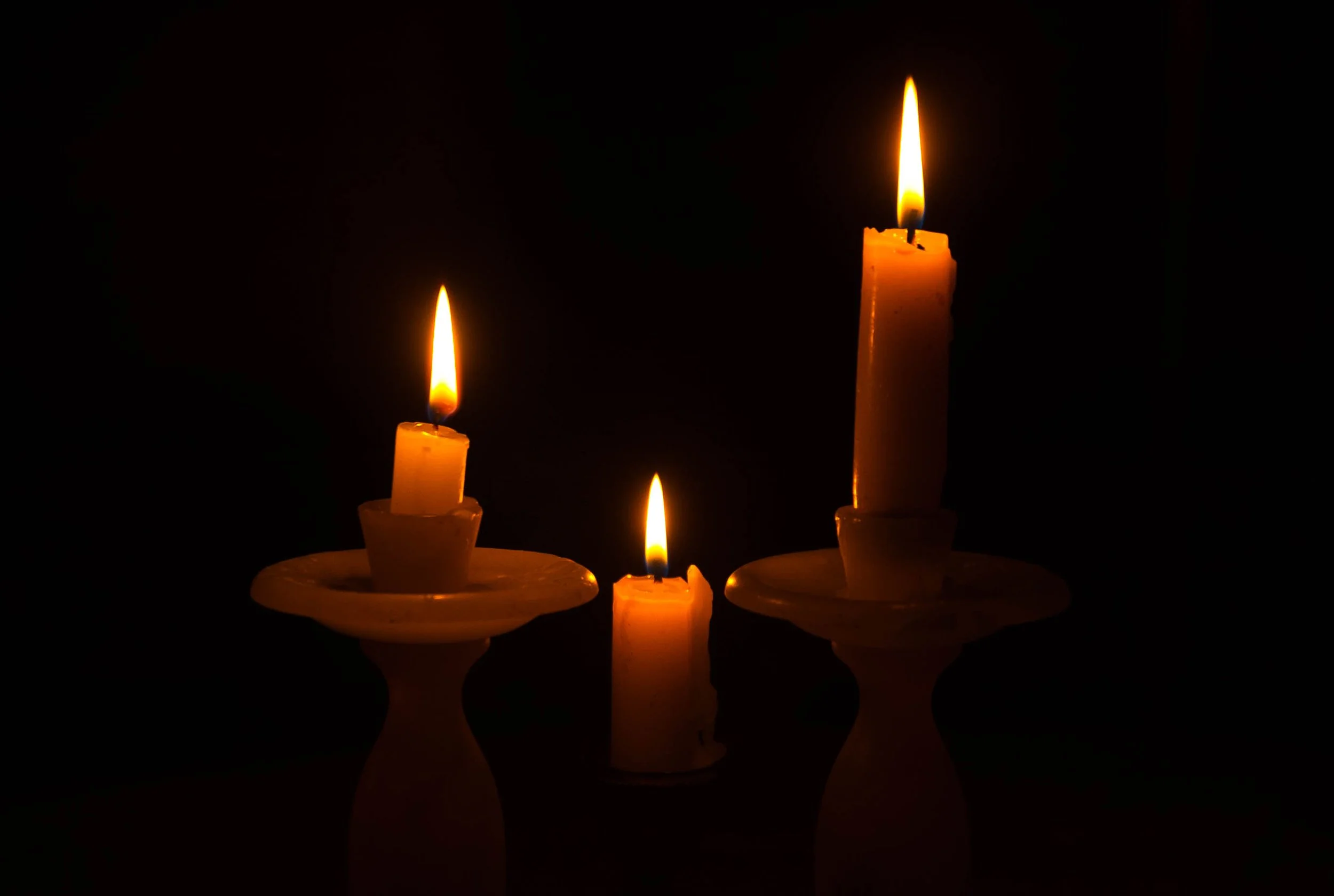Keeping The Faith
Heaven and Earth
I was seventeen.
Life was becoming more complex. I had nowhere to turn but to God. My parents were wrapped up in their school life. Mom was a high school teacher. Dad was a counselor at the same school. They were all wrapped up in their own careers. They did not notice how uncertain I was about life. I was a good student, was becoming a good cook, and had some respectable extracurriculars. I didn’t look like I needed help.
I was walking home from school one day when it occurred to me that I was going to need help in this life if I was going to make it through. Life had been pretty rough so far. True, my parents provided for me. But they were not the inspiration. They were not my inspiration for how to live, for how to suck air into my lungs and make something of myself. They were not my idea of how parents should be. My sisters and brother were no better off. All of us were victims of Mom’s wrath on a daily basis. All of us with were dealing with Dad’s abusiveness, his neglect, his sometimes torturous ways of dealing with us. I was walking home one day contemplating these things when it occurred to me that I was going to need some help.
For an hour I deliberated where I could get the help I needed. I thought about running away. I considered how Mom would feel if she didn’t have dinner help and decided against that one. I thought, too, about talking with my sister, but that also had drawbacks. She was depressed, and I did not want to make her load any heavier. I thought about going to my younger sister, but she was too young to really understand what I needed. I thought about going to just about everybody I knew, but for each one there was a reason not to burden them. I thought about my uncle Al, but he was too close to my mom; he would want to talk with her about it. In the end, I decided that it was best just to talk with God.
Dark Secret
My younger sister came to me and told me something that I needed to forget as quickly as possible. She had awakened one night with a headache and had gone in search of Mom for some Tylenol. She found my mom on the floor worshipping my dad, who looked extremely angry. She was trying to assuage his wrath by telling him she loved him, that he was the greatest guy ever, things like that.
Scenes like this are not ones that teenage girls need to be thinking about. So I repressed it as quickly as I could. I had school to focus on, tons of homework to do. I had dinners to make each night and chores all week long. Taking in what my sister had told me would wreak serious havoc with all of these things. Nothing more would be spoken about it for a long time.
Later in life my sister told me about this horror once again. She thought my dad had made my mom prostrate herself on the floor before him. I could not imagine my dad doing such a thing, but this time, I did not forget. It took a long time for me to put the pieces together . . . a very long time . . . most of my life . . . and a lot of therapy . . . and a lot of prayer.
What had happened between Mom and Dad for them to get to such a moment, such a scene? Mom had a known personality defect – narcissistic personality disorder. She could be cruel beyond words. She had to be right. She had to be in control. She could be quite relentless. She had no shame over any of these traits. She was a proud woman, priding herself on her strengths and her talents. She did not know how to deescalate an argument, save to push it until she won. She could even become taunting. She was an angry person, too, and dished it out on a regular basis to anyone in the immediate family. She was a bitter person and made my dad pay for her bitterness.
My dad, however, was a man who had suffered a lot of trauma in his life. He grew up in the Dustbowl, seeing clouds of dust as high as the sky come rolling over the plains, enveloping his whole world in choking dust, terrifying him all too often. He had seen his favorite calf dead of suffocation from the dust. He had lived in and seen terrible poverty. He had a sensitive side that was pretty wounded by these losses and the losses of whole families to the dust and the extreme poverty of that region during the Dustbowl. He had been terrified by the iterant preachers who came by from time to time to preach hell and damnation.
Lost in the Sand
Dad had also had it pretty rough at home. His mother, grieving the loss of her second baby, was quite depressed and angry and took it out on all the children. Dad learned to make her laugh, but he too fell to her blows and her hurting words. His father was a gentle soul. He tried to calm his wife, but about all he could really do to protect my dad was to take him out of the house to work the farm chores.
And then the war came. Dad was put in the Army Corp of Engineers and sent to school at Berkeley, where he met my birth mother and married her just before shipping out. Their love was a powerful one. It kept him going through bouts of pneumonia in England, through being strafed while building bridges across the Rhine in France, and through the horrors he saw when his troop reached Marseilles. The Germans had set booby traps everywhere, and one of his good friends was killed, as were others. As near as I can figure, there he encountered a German soldier who tried to kill him, tried to strangle him. When his own attempts to strangle the soldier in return were not entirely successful, one of his buddies shot the man and my dad lived to see another day. He once told me that from Marseilles, his troop, what was left of it, were on their own to find their way back through the woods to headquarters, a great distance away. He told me that he had hardly a sober moment from Marseilles to the headquarters, so greatly was he traumatized. Well actually, I surmised that he was traumatized, but this was World War II and what trauma did was not really talked about among the soldiers.
When he returned home to the States, he and my mother – my birth mother – lived in great peace for the most part. Life was starting anew. He got a degree, began teaching school, and fathered my sister and then me. But there were wounds. His army uniform hung in the closet like a last sentinel, a reminder of the war. There was anger, and my mother helped him with it. And there was alcohol. But this was the fifties when alcohol flowed freely. My birth mother was a sensitive soul. Early in July toward the very end of my first year of life, she told my dad in an intimate conversation, that he really needed somebody, so if anything ever happened to her, he should find someone else. A week and a half later, she contracted all three kinds of polio at once. Four days later, she died, leaving my dad profoundly grief-stricken. Her death re-traumatized him profoundly.
For a month, he laid on the couch, unmoving, unable to care for himself or his two children. Grandparents and neighbors came to help. Then one day he realized he had two daughters who really needed him, so he got up off the couch, went back to work, began a recovery that would take years. In September that year, he met Mom. He married her in February the following year, seven months after the loss of his first wife. He told me that he and Mom could talk with each other, and his children needed a mother. Within a year he knew he had made a terrible mistake. He had married someone very much like his own mother, only highly narcissistic as well.
Sorrow
Dad was tortured by her and tortured her in return. Their fights were incessant, ugly brawls laced with alcohol that happened late at night when children should be sleeping but were too afraid of what might happen to even go to sleep. Mom was horribly jealous of my birth mother, fearful that Dad loved his first wife more. He insisted that he loved them both, just differently.
You’d be surprised by how many forms this fight could take over the years. Mom wanted to have the last word, to be in control. Dad wanted to be heard and understood, acknowledged, and thus empowered. And when he could not get those things from her, his anger slipped into rage, and from rage into the post-traumatic stress of other moments of rage, of fighting for his life, of profound loss. He could get lost in flashbacks to the horrors and traumas of his life. And that’s how we got from the Dad we knew and loved to the Dad who was angry enough to kill this woman – his wife – who was unable to tolerate being wrong, who was cruel, who was relentless, controlling, insistent, taunting, and unable to deescalate. Thank God he never did kill her.
Somehow, my dad had a lot of faith in life. He understood that things went wrong, even terribly so, but that they could be corrected, eventually. He had a lot of faith in himself, too. He had a fair amount of faith in other people. Even in his darkest hour, he kept the faith in life, in himself, and in others. Something in him made a choice to live, and let live.
What is the faith that you keep in your darkest hour? How does your faith affect you? How does it impact your choices?
Where do you find holiness? Where do you find the sacred?
Candles in the Night






